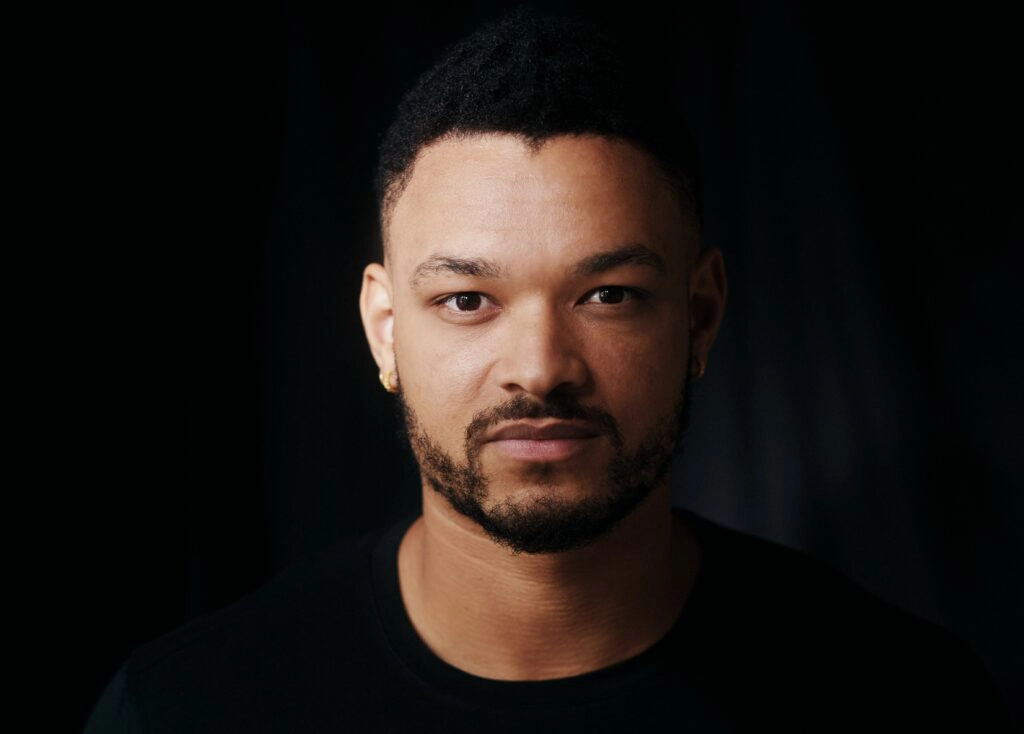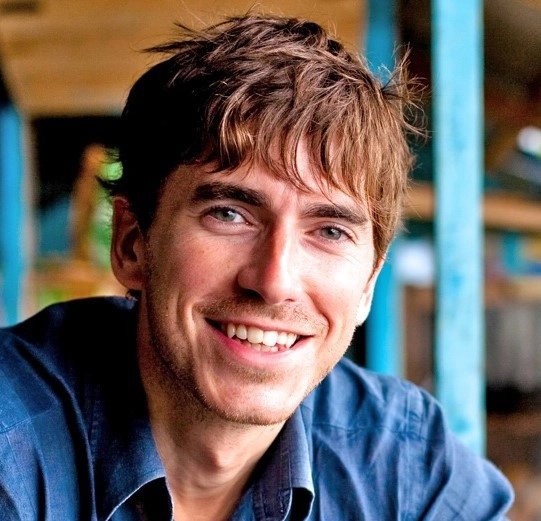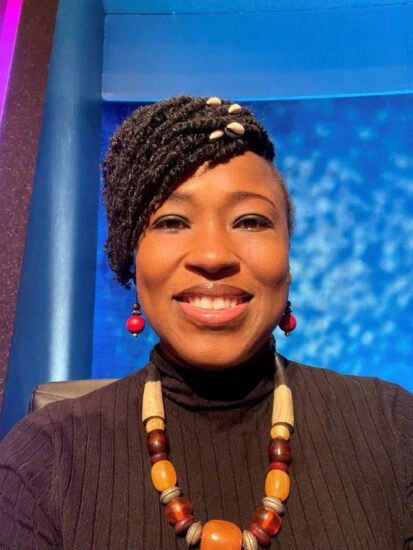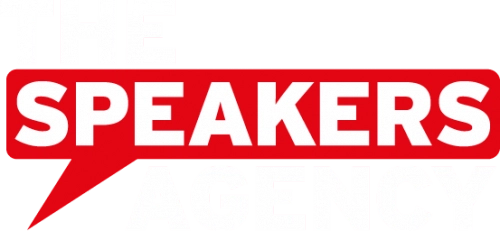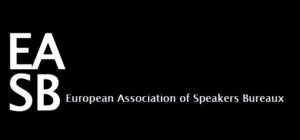Will AI kill the meaning of your job?
The meaning of your everyday job.
My job today is to help employees of all kinds of industries to develop their creativity at work. What motivates me is that I know that what brings meaning to our everyday job is mainly our creative input and technology. The small ideas we find here and there: a different approach with a client, improving the way we use software or unlocking a situation with a colleague… these are the moments that give us the feeling of being useful, some pride and satisfaction.
They show us that we are growing while impacting our environment. So, what happens if AI takes the human creativity and technology part away? Language models are here, developing at full speed right now and already capable of creativity.
Can AI actually be creative?
Despite what some might say, AI is capable of creativity. As of today, language models like ChatGPT4 can find original ideas and solutions. It might not find impressive or revolutionary ideas, but this is not the definition of creativity. Small ideas, approaches you have never thought of and connecting data and concepts with each other are already proof of creativity. And AI systems are the kings at that: they have demonstrated their ability to generate creative solutions in various domains, from generating images to finding novel drug compounds. And it does it using large amounts of data, analysing patterns, and relationships. This is beneficial in areas where brute force problem-solving and pattern recognition are useful, such as in chess, Go, but also in a lot of daily tasks you can have in the office. If you play a little bit with ChatGPT4, give it a precise context and ask for creative output, you’ll be surprised by the answers!
THINK HYBRID
So that is happening today. But the most important question: who knows what will happen in one, 5 or even 10 years with quantum computers? It can be frightening to think about what the future holds. Now, all changes are scary. And you have two main ways of looking at it: The first is in the extremes; you either give up and plan a reconversion as a gardener (or a job where AI can’t get you anytime soon), or even reject the whole thing. If you are lucky, you might just escape dealing with AI in your job in your lifetime. The second way is: like all changes, you start with acceptance. You accept that this is the new reality and put some thinking into it to adapt. Accepting doesn’t mean you agree with every aspect.
You just recognise that our reality has changed and that, starting now, you’ll have to see your input as a hybrid one. You need to work with the machine. The earlier you prepare and train for this, the more likely it will be the way you’d like it to be. You and I both want to avoid suffering with this change, and it starts with anticipating. Personally, I like to see the glass half full. I have been working for over 10 years on the concept of creativity and I strongly believe that AI can be a catalyst for human creativity. By taking over repetitive tasks and processing data, it gives us more space and time to focus on the more abstract and fun aspects of our work. In that sense, AI is not a replacement for human creativity, but a complement to it. Of course, there are dangers of AI, and we are all responsible of shaping it, in a democratic way (and that is another topic), but it is equally important to recognise all the opportunities it holds.
What is your “human creativity” though?
However, it’s crucial to recognise the distinctions between AI-generated creativity and human creativity to better work in a hybrid way. Human creativity is an element that stands irreplaceable and unique, possessing qualities that AI might not replicate for a long time, if ever. AI can generate an impressive piece of music based on data, but it doesn’t understand what music is, why it evokes certain emotions, or why one composition is aesthetically pleasing while another isn’t.
Human creativity is imbued with emotion, intuition, a deep understanding of context, and a rich tapestry of life experiences (credit to ChatGPT4 on this one). It’s a deeply personal process, often driven by motivation, passion, and an understanding of cultural and societal nuances. And there is imagination. Daydreaming and foolish thinking fuel our ability to ask ‘what if’ questions, to dream up worlds and ideas that don’t yet exist, and create new, meaningful connections between disparate concepts. And it is fun! AI might help us execute these ideas, but the inspiration and imagination to conceive them are inherently human traits. So, as we interact with AI tools, our role increasingly becomes that of directors and designers, steering these tools towards creative goals that only we can envision. And imagination becomes more crucial than ever in this context. This combination of human ingenuity and AI’s powerful computational abilities can lead to the creation of things that were previously unimaginable.
You can relax and unleash your human creativity
So, no, we are not doomed… far from it! I like to think that AI, despite all the challenges it presents, will help us to have more meaningful work. No more dull data entries, redrafting your notes or executing repetitive tasks. One click and a super-intelligent assistant will do that for you (and more!), leaving you with the unique reasons why your employer picked you in the first place. But to reach that point, you need to learn how to deal with AI and take a step back, asking yourself: “What is it that I do every day that I shouldn’t be doing?”. Maybe those are tasks your new amazing assistant can help you with..
About Butzi
Butzi is the author of four TEDxTalks and two books on creativity. In addition, he is also a professional magician and the creator of illusions that inspire and coach his audiences to be their most creative selves. Butzi can help your teams think outside of the box and harness innovation so that each participant can emerge inspired and equipped with simple tools to generate their own ideas and find solutions to any problem.
For more information on booking Butzi for a speech or workshop for your team, contact enquiries@thespeakersagency.com or call +44(0)1332 810481 today.



